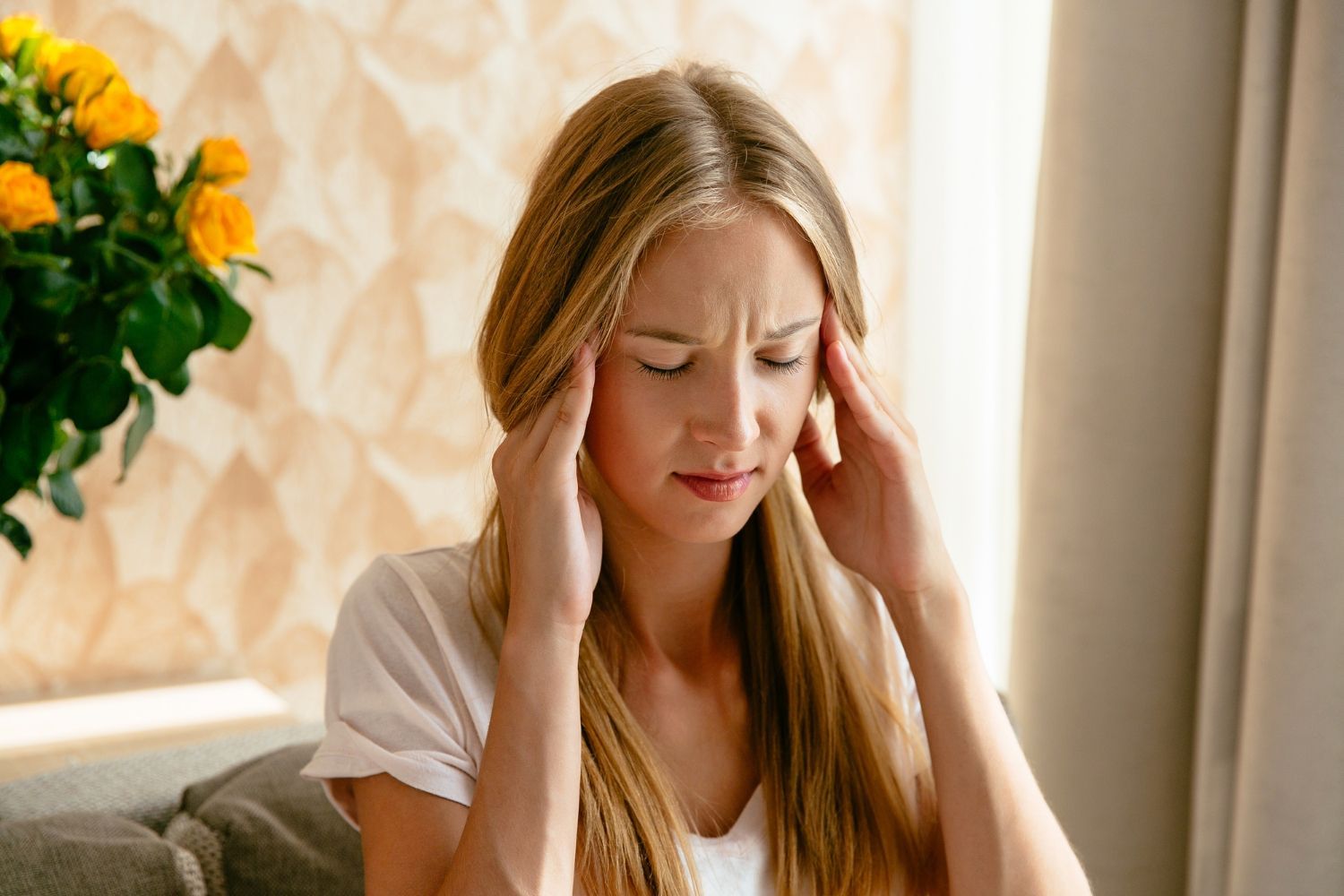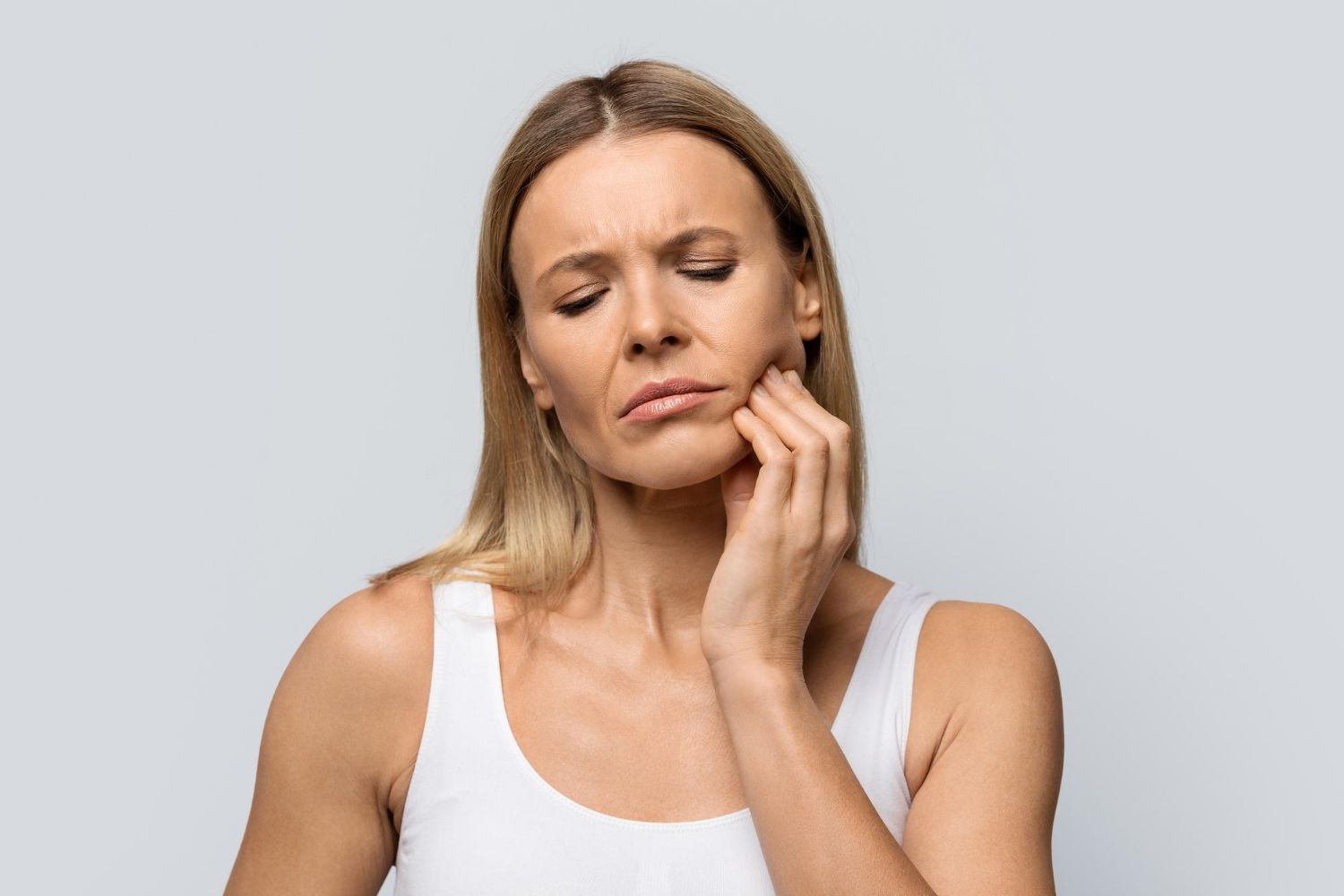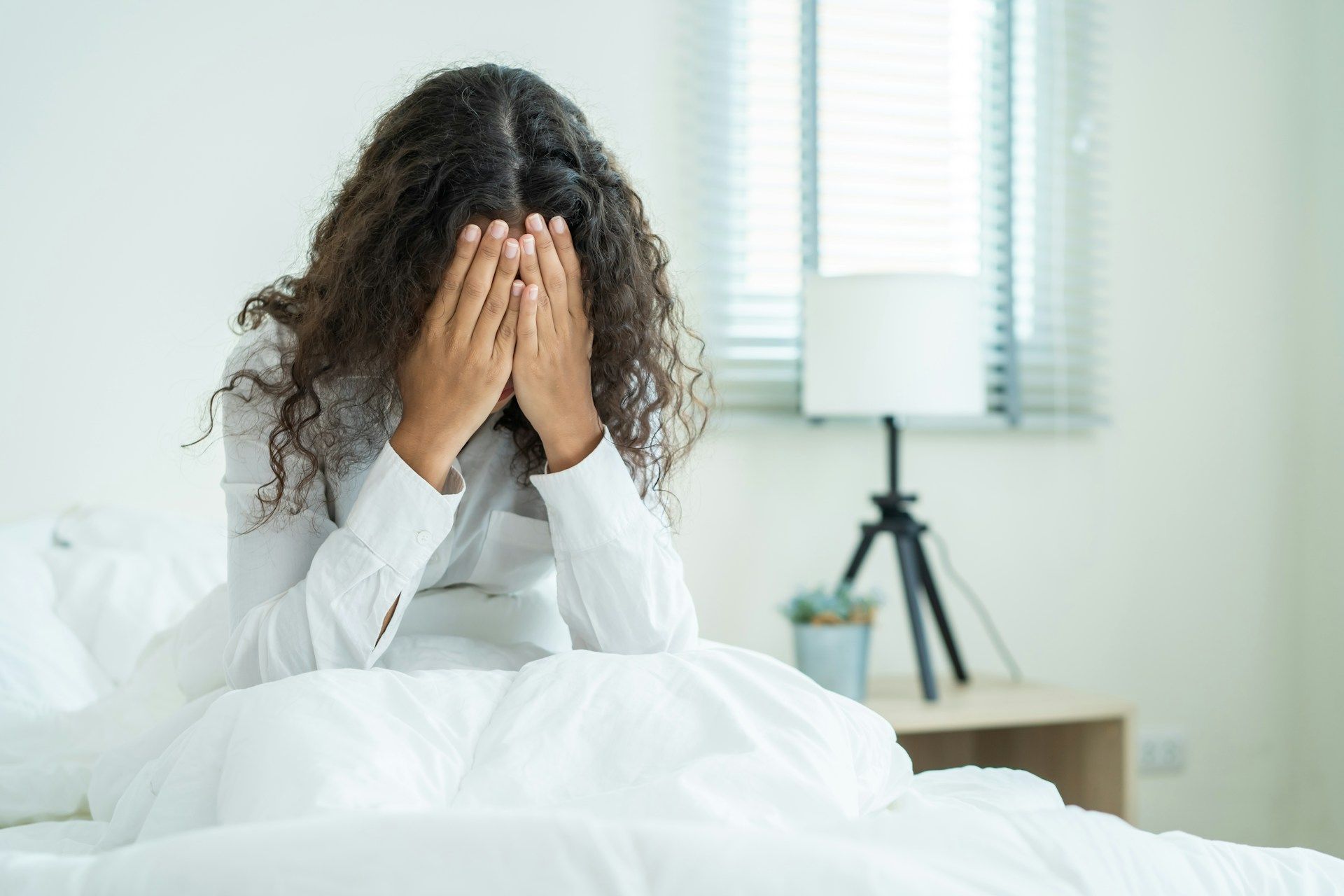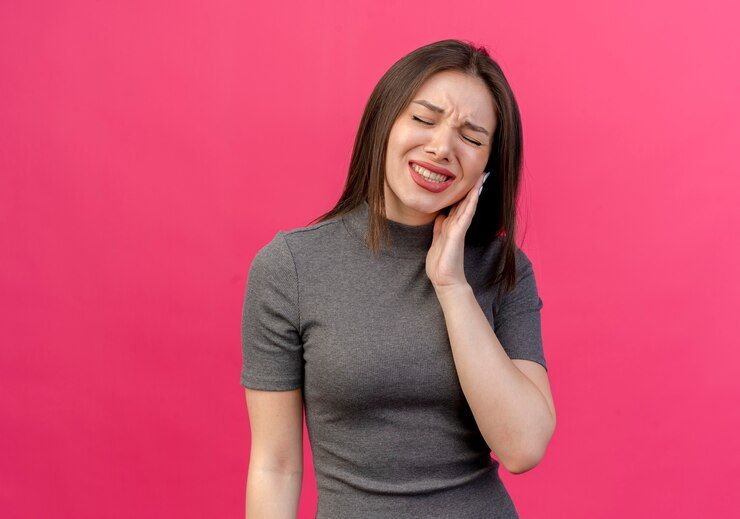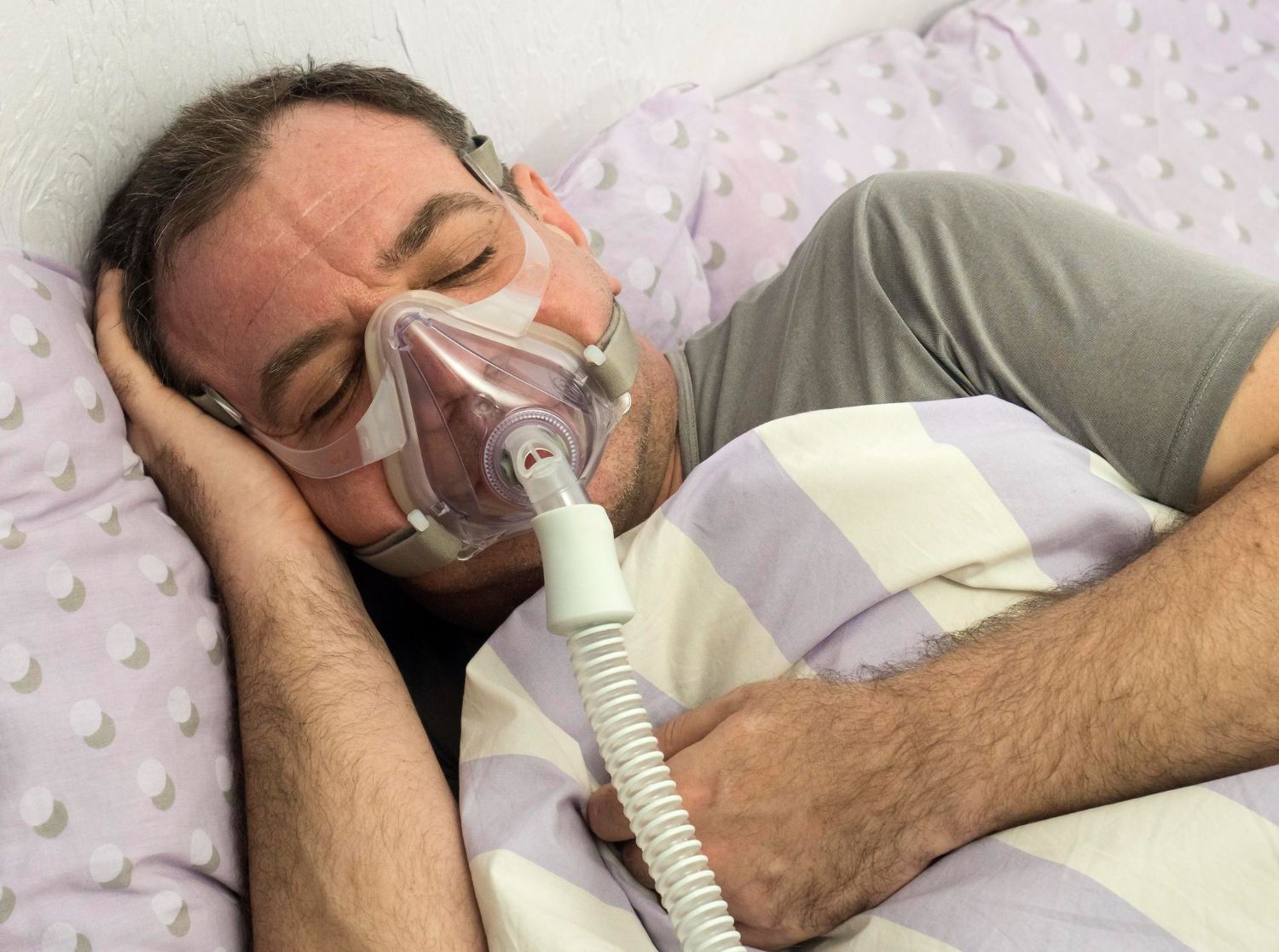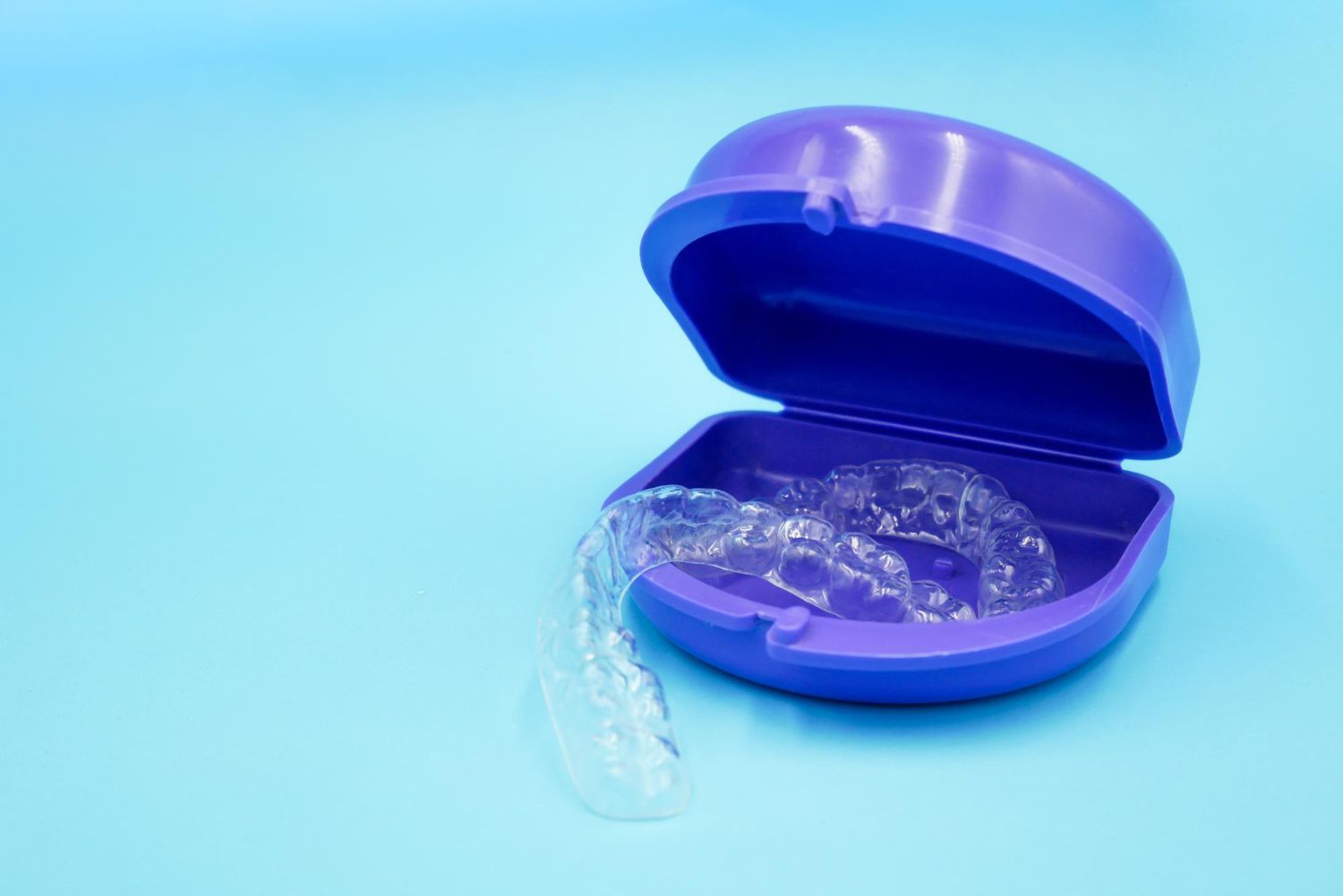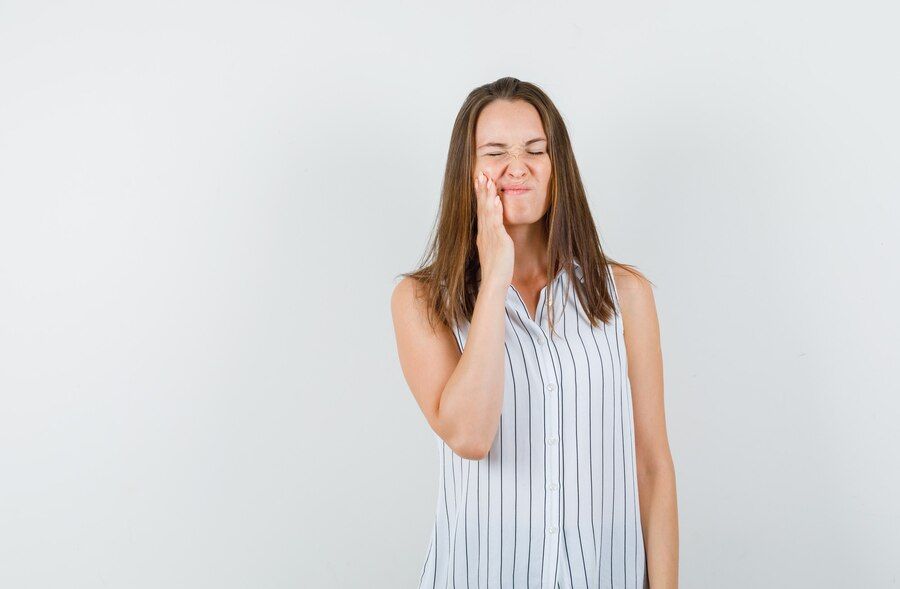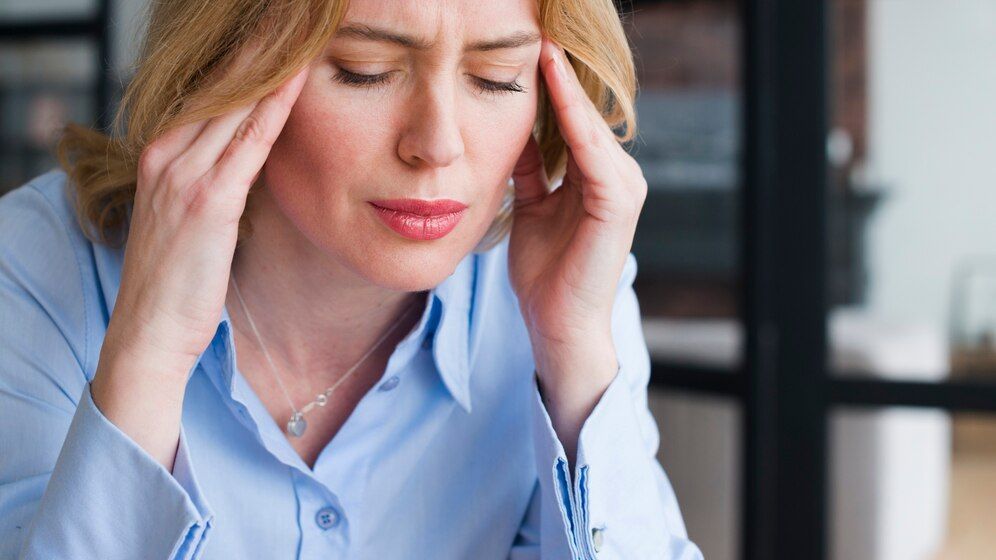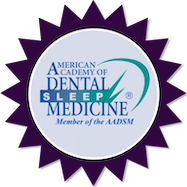The Hidden Connection: How Sleep Apnea and Bruxism Impact Your Sleep
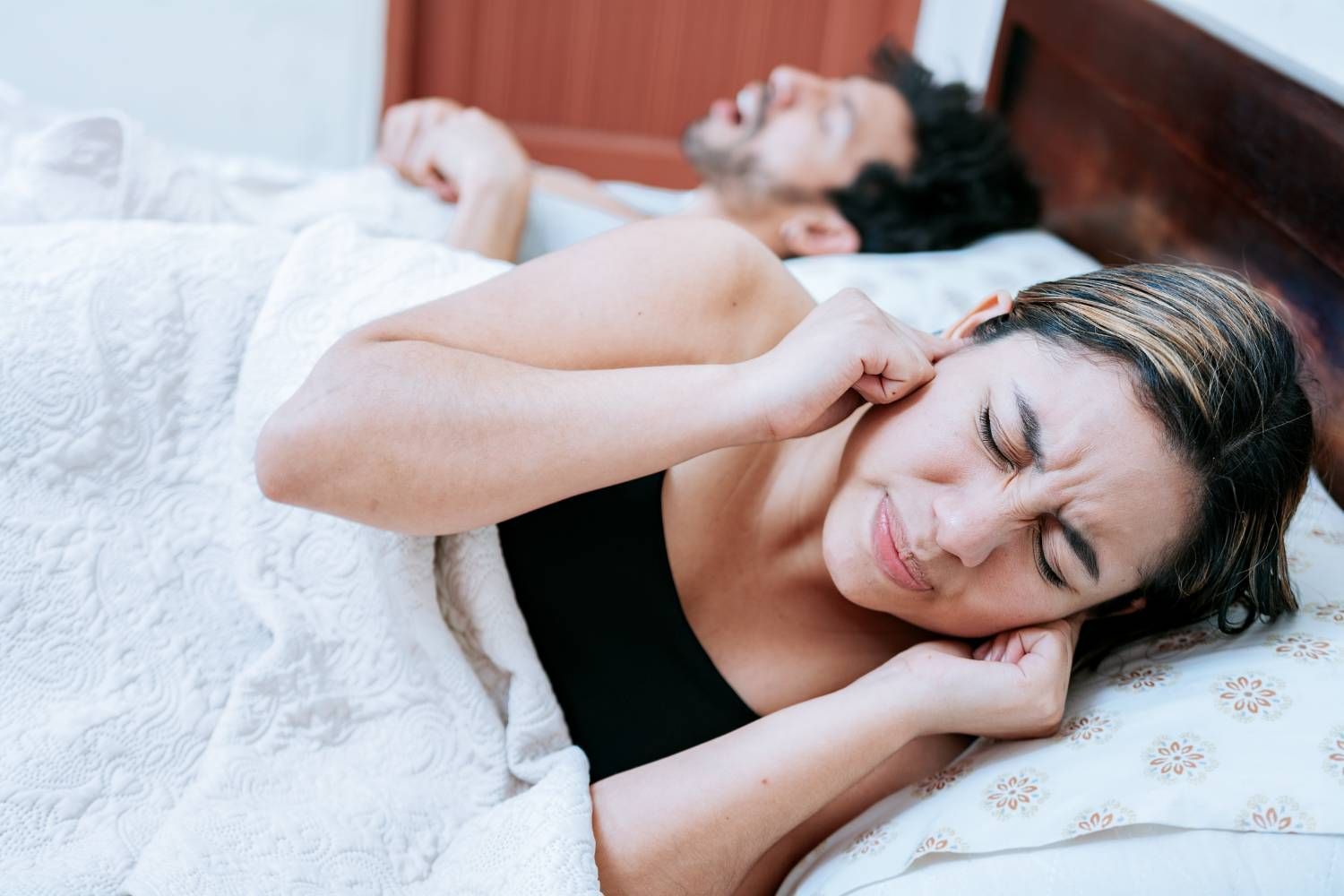
Sleep disorders such as sleep apnea not only affect the quality of our rest but can also have far- reaching implications on our overall health and well-being. One such concern is the connection between sleep apnea and a condition known as bruxism, or teeth grinding, which often occurs during sleep.
Bruxism can lead to dental issues and discomfort, making it crucial for individuals experiencing both sleep apnea and teeth grinding to understand the connection between these conditions and seek appropriate treatment.
With that in mind, our focus extends beyond sleep apnea treatment itself, as we also address the accompanying symptoms and conditions that can impact our patients' daily lives, such as bruxism.
Our goal is to educate and guide patients in understanding the link between sleep apnea and bruxism, empowering them to make informed decisions about their treatment options and improve their overall quality of life. By understanding the ways in which sleep apnea and bruxism are interconnected, patients can make more informed decisions about their treatment and enjoy better sleep, improved dental health, and an overall enhanced sense of well-being.
Understanding Sleep Apnea and Bruxism
Sleep apnea is a potentially serious sleep disorder in which breathing is repeatedly interrupted during sleep. The most common form of sleep apnea, known as obstructive sleep apnea (OSA), occurs when the muscles in the throat relax, causing a blockage of the airway.
Bruxism, on the other hand, is the involuntary grinding or clenching of the teeth during sleep. This grinding can lead to a range of dental problems, including tooth wear, tooth sensitivity, and even tooth fractures.
The Connection Between Sleep Apnea and Bruxism
While the direct cause-and-effect relationship between sleep apnea and bruxism is not yet fully understood, several theories have been proposed to explain their connection:
- Airway obstruction: One theory is that teeth grinding is a result of the body's attempt to reopen the airway during sleep apnea episodes. By clenching the jaw and grinding the teeth, the muscles in the airway are activated, allowing for easier breathing.
- Arousal response: Another possibility is that bruxism occurs as a response to the frequent microarousals that occur in patients with sleep apnea. These arousal responses can lead to the activation of the muscles responsible for teeth grinding, causing bruxism.
Symptoms and Risks Associated with Sleep Apnea and Bruxism
The overlap of symptoms between sleep apnea and bruxism can make it challenging to differentiate between the two conditions. Some of these shared symptoms include:
- Loud snoring
- Morning headaches
- Jaw pain or stiffness
- Tooth sensitivity or damage
- Fatigue or daytime sleepiness
If left untreated, the combination of sleep apnea and bruxism can pose significant risks to an individual's health and well-being, including:
- Increased risk of cardiovascular problems
- Development of temporomandibular joint (TMJ) disorders
- Worsening of existing dental problems
- Impaired cognitive function and mental health issues
Treatment Options for Sleep Apnea and Bruxism
For patients experiencing both sleep apnea and bruxism, it is essential to address the underlying sleep disorder as well as the symptoms of teeth grinding. Treatment options that can be considered include:
- CPAP therapy: Continuous Positive Airway Pressure (CPAP) therapy remains the gold standard treatment for sleep apnea, and its use may alleviate the symptoms of bruxism as well.
- Oral appliance therapy: A dental sleep apnea professional, like those at Fuller Sleep & TMJ Solutions, can custom-fit an oral appliance to reposition the jaw and maintain an open airway during sleep, reducing sleep apnea symptoms and protecting the teeth from grinding.
- Lifestyle changes: In some cases, lifestyle modifications such as weight loss, smoking cessation, and improved sleep hygiene can help improve both sleep apnea and bruxism symptoms.
Understanding the Link between Sleep Apnea and Bruxism
Understanding the connection between sleep apnea and bruxism is crucial for individuals seeking relief from both conditions. Comprehensive treatment options, such as those offered at Fuller Sleep & TMJ Solutions, can help patients address the causes and symptoms of both sleep apnea and teeth grinding, resulting in better sleep quality, improved dental health, and overall enhanced well-being.
If you are experiencing symptoms of both sleep apnea and bruxism, do not hesitate to contact Fuller Sleep & TMJ Solutions, one of the best centers for sleep apnea and TMJ, for a consultation and personalized treatment plan.
Disclaimer: Our blog articles serve to educate readers about various treatment options for sleep apnea and TMJ disorders. It's important to understand that while we discuss multiple treatments in our posts, not all of these options may be accessible at our clinic. We encourage you to reach out and schedule a consultation with us. This way, we can carefully devise a personalized treatment plan that caters to your specific needs.

